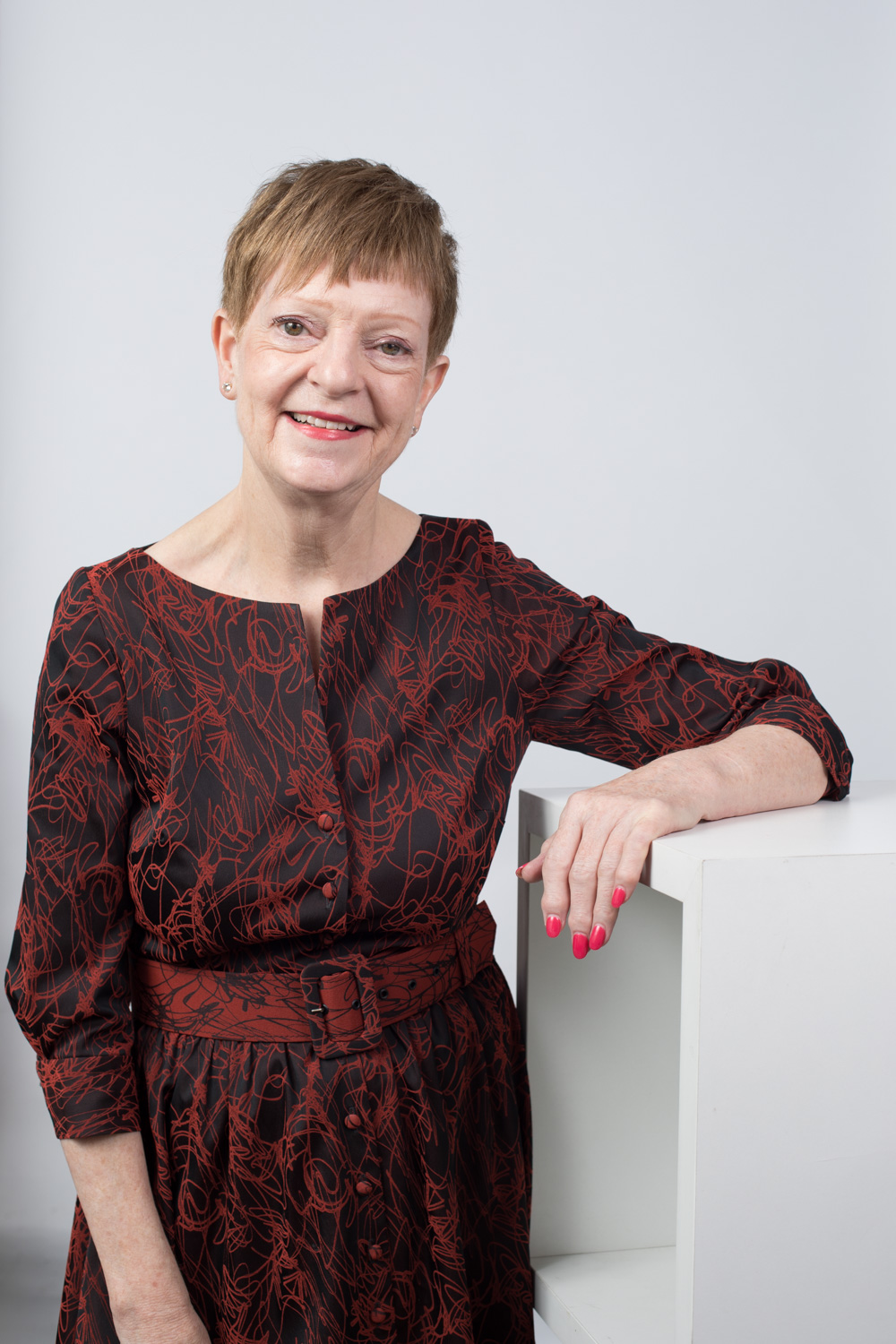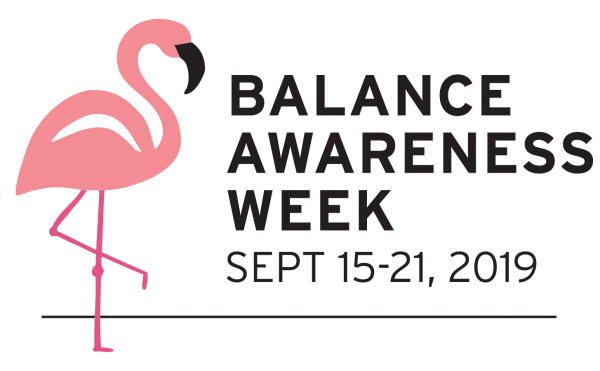

Goal of Balance Awareness Week
Professor Dr Margie H Sharpe, Director of the Dizziness & Balance Disorders Centre here in Adelaide, says,
“Raising awareness of vestibular disorders is a good time to encourage family and friends to learn more about the symptoms so they can support their loved ones’ who are suffering from dizziness and other debilitating symptoms.
“It is also a good time to upskill our medico and allied health professionals — to ensure they are adequately equipped to better support our dizzi patients.”
Vertigo and dizziness is the second most common complaint after the headache. They are not disease entities, rather unspecific syndromes consisting of various disorders with different causes. However, the constellation of symptoms presented by patients with dizziness can be difficult to diagnose. The vestibular system includes the parts of the inner ear and brain that process the sensory information involved with controlling balance and eye movements. If disease or injury damages these processing areas, vestibular disorders can result. Vestibular disorders can also result from or be worsened by genetic or environmental conditions, or occur for unknown reasons.
“Approximately forty percent of adults will experience significant dizziness at some time in their lives, and that nearly one in four emergency room visits includes a complaint of dizziness. Balance problems can occur from inner-ear disease, a virus, a traumatic brain injury, poisoning by certain substances, autoimmune causes, migraines, and aging for example.”
